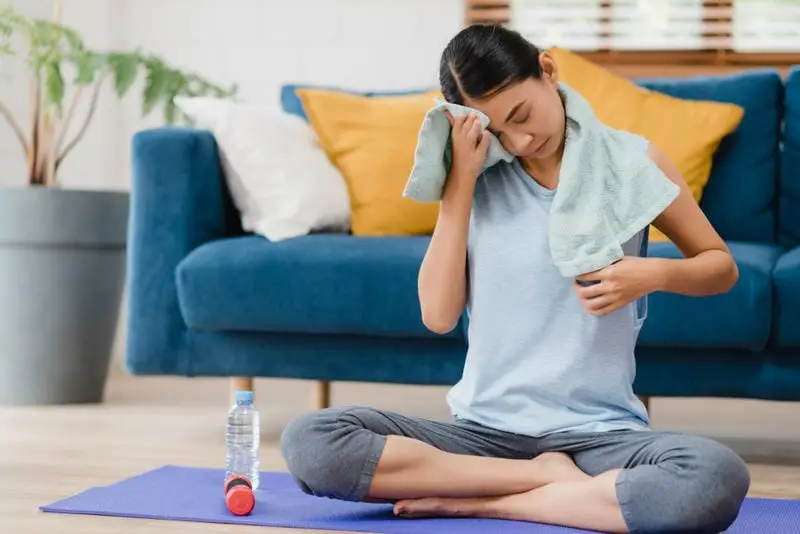- Published on: Sep 06, 2025
- 1 minute read
- By: Secondmedic Expert
Sitting Immediately After Eating – Good Or Bad?
After a heavy meal, many people instinctively sit or even lie down. While it may feel comfortable, the timing and posture after meals play a huge role in how your body digests food. The question is: Is sitting immediately after eating good or bad? Let’s explore the science and traditional wisdom behind this everyday habit.
What Happens to the Body After Eating?
When you eat, your stomach works to break down food, and blood flow is directed toward digestion. Your position during this time can either support or disrupt the digestive process.
The Effects of Sitting Right After Eating
If you sit upright after a meal, it usually doesn’t cause harm. But slouching on a sofa, reclining, or lying down can lead to:
-
Slower digestion
-
Acid reflux or heartburn
-
Bloating and heaviness
-
Discomfort in the upper abdomen
Lying Down – The Biggest Mistake
Lying flat right after eating allows stomach acids to move upward into the esophagus, leading to reflux. This is especially risky for people with GERD (Gastroesophageal Reflux Disease) or chronic acidity.
Why Gentle Walking Helps
Health experts recommend a light 10–15-minute walk after meals. It doesn’t just aid digestion but also helps regulate blood sugar levels, especially after dinner. However, avoid intense exercise immediately after eating, as it may divert blood away from the digestive system.
Posture Matters – How to Sit Right
If you must sit, ensure your back is straight and upright. This supports the stomach’s natural movement of food into the intestines. Sitting cross-legged on the floor, a common practice in many cultures, is also believed to help digestion by promoting mindful eating and proper posture.
Best Practices After Meals
-
Wait at least 2–3 hours before lying down or sleeping.
-
Prefer light activities like walking instead of sitting for long.
-
Avoid tight clothing that compresses the stomach.
-
Stay hydrated but don’t drink too much water immediately after meals.
Who Should Be Extra Careful?
-
People with acid reflux or GERD
-
Individuals with obesity
-
Pregnant women
-
Those with diabetes, as post-meal spikes in sugar can worsen if inactive
Conclusion
So, is sitting immediately after eating – good or bad? The answer depends on posture. Sitting upright is fine, but slouching or lying down can harm digestion and increase acidity risk. For best results, take a gentle walk and maintain an active lifestyle. To assess digestive health and rule out underlying issues, you can book a Comprehensive Digestive Health Package or Liver Function Test at SecondMedic with expert doctor advice today.
Read FAQs
A. Yes, but only in an upright posture. Slouching or lying down immediately is harmful for digestion.
A. It allows stomach acid to flow back into the food pipe, causing reflux and heartburn.
A. A gentle 10–15-minute walk is recommended for better digestion.
A. Experts suggest waiting at least 2–3 hours before lying down or sleeping.
A. Yes, it’s a traditional practice believed to aid digestion, but more research is needed.









